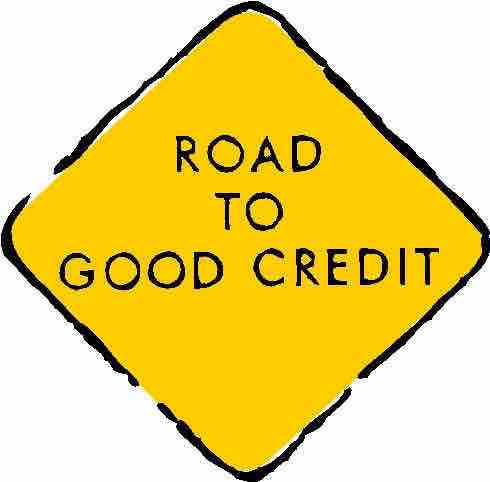Credit, in commerce and finance, is a term used to denote transactions involving the transfer of money or other property on promise of repayment, usually at a fixed future date. The transferor thereby becomes a creditor, and the transfer, a debtor; hence credit and debt are simply terms describing the same operation viewed from opposite standpoints.Credit encompasses any form of deferred payment. Credit does not necessarily require money. The credit concept can be applied in barter economies as well, based on the direct exchange of goods and services (Ingham 2004 p. 12-19). However, in modern societies credit is usually denominated by a unit of account. Unlike money, credit itself cannot act as a unit of account. Types of credit include: bank credit, consumer credit, public credit, and investment credit.

Good Credit
Credit, in commerce and finance, is a term used to denote transactions involving the transfer of money or other property on promise of repayment, usually at a fixed future date.
Obtaining credit is dependent on the reputation or creditworthiness of the entity which takes responsibility for the funds. Credit is also traded in financial markets. The purest form is the credit default swap market, which is essentially a traded market in credit insurance. A credit default swap represents the price at which two parties exchange this risk – the protection "seller" takes the risk of default of the credit in return for a payment, commonly denoted in basis points (one basis point is 1/100 of a percent) of the notional amount to be referenced, while the protection "buyer" pays this premium and in the case of default of the underlying (a loan, bond or other receivable), delivers this receivable to the protection seller and receives from the seller the par amount (that is, is made whole)
Credit history or credit report is, in many countries, a negative record of an individual's or company's past borrowing and repaying, including information about late payments and bankruptcy. The term "credit reputation" can either be used synonymous to credit history or to credit score.
In the U.S., when a customer fills out an application for credit from a bank, store or credit card company, their information is forwarded to a credit bureau. The credit bureau matches the name, address and other identifying information on the credit applicant with information retained by the bureau in its files. That's why it's very important for creditors, lenders and others to provide accurate data to credit bureaus.
This information is used by lenders such as credit card companies to determine an individual's credit worthiness; that is, determining an individual's ability and track record of repaying a debt. The willingness to repay a debt is indicated by how timely past payments have been made to other lenders. Lenders like to see consumer debt obligations paid regularly and on time, and therefore focus particularly on missed payments and may not, for example, consider an overpayment as an offset for a missed payment.
The other factor in determining whether a lender will provide a consumer credit or a loan is dependent on income. The higher the income, all other things being equal, the more credit the consumer can access. However, lenders make credit granting decisions based on both ability to repay a debt (income) and willingness (the credit report) as indicated by a history of regular, unmissed payments. These factors help lenders determine whether to extend credit, and on what terms.